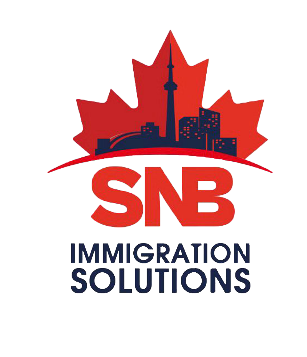Canada has welcomed international students for years, offering them not only an enriching educational experience but also opportunities to work off-campus during their studies. However, it’s crucial for students to understand the intricate rules and regulations that govern their ability to work while studying. Here, we provide a comprehensive guide based on the latest guidance from Immigration, Refugees, and Citizenship Canada (IRCC).
When Can Students Typically Engage in Off-Campus Work?
According to regulation 186(v) of the Immigration and Refugee Protection Regulations (IRPR), international students in Canada become eligible for off-campus work if they meet the following criteria:
- They are enrolled full-time at a Designated Learning Institution (DLI).
- They are actively participating in a program of study lasting longer than six months, leading to a degree, diploma, or certificate.
Students meeting these criteria can engage in off-campus work:
Up to 20 hours per week during an academic session.
- Full-time during regularly scheduled breaks between educational sessions.
- Part-Time Work Between the End of Classes and Receipt of Final Marks
What happens when a post-secondary student has completed classes and exams but has not yet received their final marks? According to Immigration’s policy interpretation, a full-time student can continue working part-time until they receive one of the following:
- An official letter.
- An email from their school confirming program completion.
Therefore, students who previously worked part-time under the authorization of R. 186(v) of IRPR can typically continue working part-time until they receive written confirmation from their school regarding the completion of their program.
Work Must Cease Upon Receipt of Transcripts, Official Letter, or Email
Upon receiving written confirmation of program completion, students must discontinue employment to avoid potential consequences with Immigration authorities.
Illegal Work and Its Consequences
Working without authorization violates the Immigration and Refugee Protection Act (IRPA) and can lead to serious repercussions, including inadmissibility. It is also considered an offense for a Canadian employer to hire a foreign national without proper authorization under IRPA s.124(1)(c).
Penalties for individuals or corporations violating s.124(1) may include fines of up to $50,000 and/or imprisonment for up to 2 years (for indictment) or fines of up to $10,000 and/or imprisonment for up to 6 months (for summary conviction). Additionally, working without authorization may delay up to 6 months before being eligible for a work permit.
Unauthorized work can also impact your permanent residency application through various economic streams, including the Provincial Nominee Program, Express Entry, and the new International Graduate and Essential Workers streams.
Full-Time Employment If PGWP Application is Submitted Before Study Permit Expires
If a student still possesses a valid study permit and qualifies for a Post-Graduation Work Permit (PGWP), they should submit their application online within 180 days of receiving written confirmation from their DLI regarding program completion. A student who has completed their studies but has not submitted their complete PGWP application cannot engage in work.
To continue working, it is essential to apply for a PGWP as soon as transcripts or official documentation from your school confirming program completion are received. Once a student submits a complete PGWP application, they are generally authorized to work full-time under R.186(w) until a decision on their PGWP application is reached, subject to specific conditions.
Applying for Permanent Residency and Documenting Work Periods
For those with aspirations of applying for Permanent Residency (PR), meticulous record-keeping is crucial. Maintain evidence of various documents, including DLI accreditation, PGWP program eligibility (if applicable), class and exam completion dates, study permit validity periods, proof of work permit applications, PGWP validity dates, and records of employment hours with Canadian employers.
Schedule a Consultation:
Consider arranging a legal consultation for personalized guidance regarding your specific circumstances. Our team is available to address your inquiries and offer assistance. The Sober Immigration team is always there to support and help you.
References and Footnotes
[1] Beware of unauthorized work and its consequences and make sure to check all current laws and policies.
[3] IRPA Violations and Penalties [4] Check carefully with your DLI before applying for a study permit to ensure your program is PGWP eligible.


